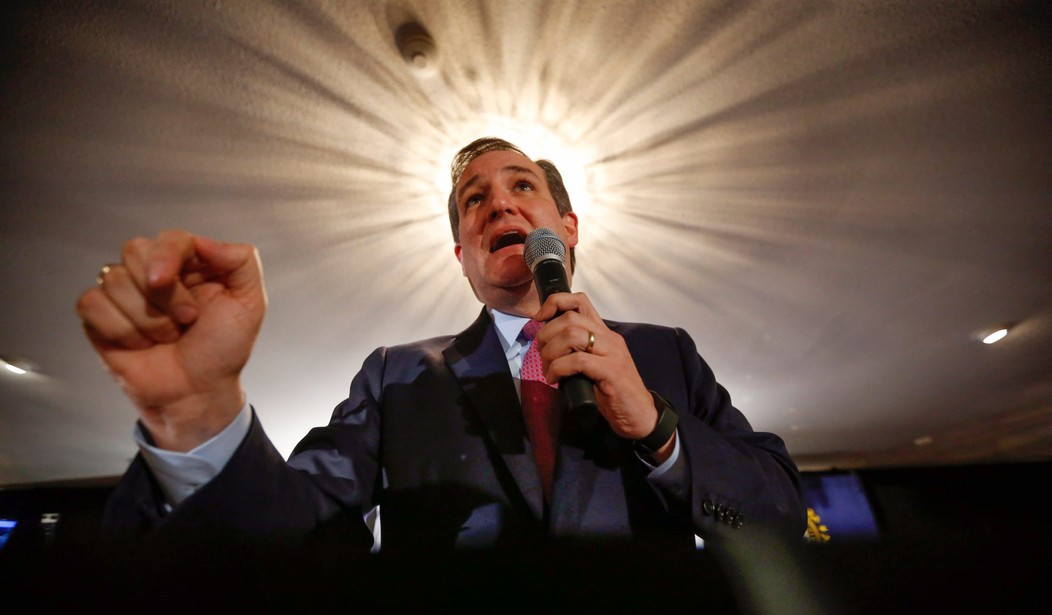The North Kivu province of the Democratic Republic of Congo is the hot zone of the second largest Ebola outbreak in history.
It’s also the operating ground of the Islamist Allied Democratic Forces (ADF), a Uganda-based militant group that some reports have tied to the Islamic State.
Since the Ebola outbreak was declared in early August, the World Health Organization (WHO) has warned that ADF activity, including taking aid workers hostage, is imperiling international efforts to contain the outbreak.
According to a report on the current outbreak from Congo’s Health Ministry, there have been 336 deaths so far out of 560 recorded cases.
That means there have been 56 new cases since WHO published this trend graph tracking the outbreak two weeks ago:
WHO estimates that the current outbreak will last another three to four months.
One of the most active areas for the Ebola outbreak has been Oicha, which is in the Beni region. But ADF is killing just as many civilians as Ebola is in the area now known as the “triangle of death.”
At attack by ADF in Oicha two weeks ago killed nine. In the past month, 48 have been killed in the area, and more than 1,000 have been killed in recent years.
As a result of these attacks, UN estimates say that more than one million people in the area have been displaced and are in transit between the Congo and Uganda, Rwanda, and South Sudan.
Because of the concern about the disease “walking” across these various borders, WHO has started to prepare by vaccinating in South Sudan — another country that has been devastated by militias and violence in recent years (hundreds of thousands have been murdered). Vaccination programs were already initiated earlier in Uganda in an attempt to contain the disease.
When the current outbreak began, WHO warned that ADF was directly interfering with aid workers in the area trying to contain the epidemic.
Specifically, foreign aid workers, priests, and government officials have been kidnapped and held for ransom. Because of the targeting by ADF, the area is now a “no-go” zone for many aid agencies that would otherwise be working to contain the Ebola epidemic.
In one case in Oicha back in August, an infected doctor was in an area entirely surrounded by ADF, hindering treatment and thereby allowing more to be potentially exposed to the disease.
An ADF attack in September near Beni killed 21, which prompted aid groups to suspend work in the area.
Outside nations are responding not to the Ebola threat, but to ADF.
Last month, the U.S. Embassy in Kinshasa closed for a week, and U.S. citizens were publicly warned about the threat of violence by Islamist militias. The alert also warned of the limited ability of the embassy to provide services outside of Kinshasa.
The State Department didn’t identify a specific threat behind last month’s embassy closure and terrorism warning, but local reports indicated that an ADF Tanzanian terror cell prompted the embassy closing.
Last week, the UK advised its citizens against traveling to the country.
In December 2017, 15 UN peacekeepers from Tanzania were killed by ADF in the largest loss of UN personnel in 24 years.
Another eight UN peacekeepers and 10 Congolese troops were killed just last month in a campaign to dislodge ADF from the Beni area in order to ease the pressure on the efforts to combat the Ebola epidemic.
Terrorism experts have noted an escalation in the Islamist rhetoric of ADF over the past two years. Some reports indicate that Arabic-speaking foreign fighters are now appearing in the area, and there are indications that ADF has developed ties with the Islamic State and its various affiliates.
Some groups operating in the Ebola “hot zone” believed to be closely tied to ADF have issued explicit calls for fighters to join the jihad in the Congo.
There are also reports of ADF kidnapping children in the area to use as soldiers, and the use of women as human shields in attacks targeting Congolese and UN troops.
Amidst the violence and Ebola outbreak, the Congo is attempting to hold a presidential election this coming Sunday, December 23, to elect a successor to President Joseph Kabila, who refused to give up power when his mandate expired in 2016. There have been several deaths reported during protests by opposition groups in recent days.
The political instability is just another element that adds to the greater threats to the Congo and the region from Ebola and the Islamist militias.










Join the conversation as a VIP Member